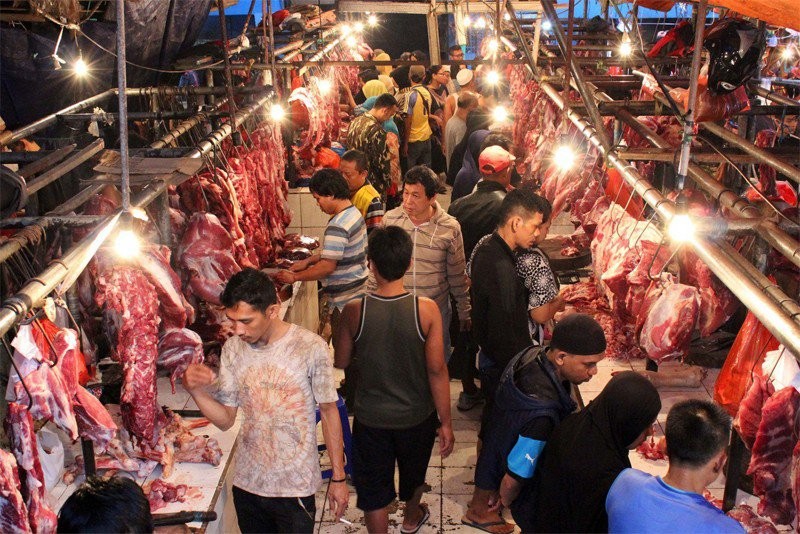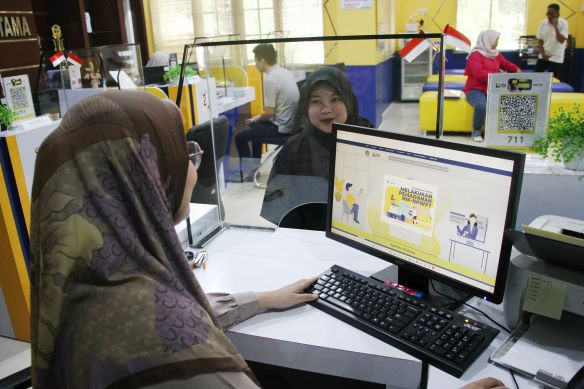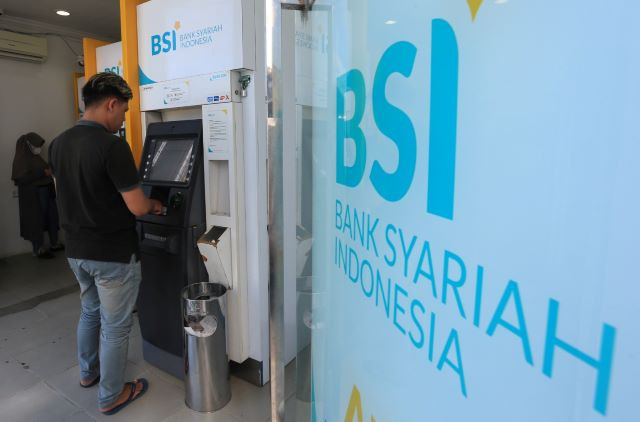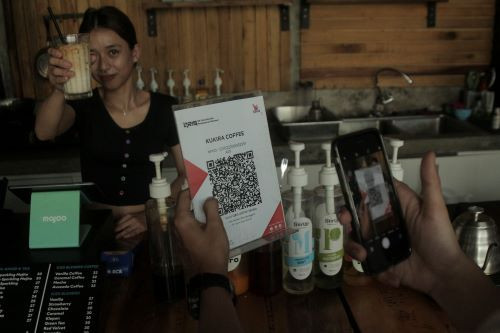EDITORIAL: Food security: Balance needed
Past experience shows that food self-sufficiency does not address the core elements of food security.
Change Size
 Consumers buy beef at Pasar Minggu Market in South Jakarta. (JP/Viriya Paramita Singgih)
Consumers buy beef at Pasar Minggu Market in South Jakarta. (JP/Viriya Paramita Singgih)
L
ast week, the World Trade Organization (WTO) Apellate Body upheld the December 2016 ruling that found fault with Indonesian import restrictions on horticultural and animal products from the United States and New Zealand; a ruling that has put the government’s agricultural policy in a delicate dilemma.
Early in his administration, President Joko “Jokowi” Widodo announced his goals of food self-sufficiency, food security and food sovereignty to be achieved by the end of his term in late 2019. While the oft-lauded goals were attractive to voters, their achievement will be an uphill challenge.
Past experience shows that food self-sufficiency does not address the core elements of food security. In fact, the government’s deployment of non-tariff import barriers to protect local farmers from imports — most of which have lower prices — has tended to increase food costs for the majority of consumers and has damaged the competitiveness of the agricultural sector.
The problem has been compounded by the inaccuracy of agricultural production data, with even the Supreme Audit Agency (BPK) often voicing its doubts over the official data. Analysts have also suspected that the agricultural production data are often inflated to give credit to officials. Consequently, the import quotas have often been set much lower than the actual market demand, causing prices to rise steeply. It is no wonder that import quotas and licenses for rice, beef, sugar and other horticultural products have always been vulnerable to corruption.
But agricultural issues related to imports and subsidies are not new. In fact, they have been one of the most contentious issues negotiated among developed and developing countries in the WTO. These issues will also be quite prominent in next month’s WTO ministerial meeting in Buenos Aires.
The US’ complaints against Indonesian non-tariff barriers are understandable, because Indonesia was the ninth largest destination for US agricultural goods last year, taking in US$2.6 billion in goods, according to the US Commerce Department.
The government should address this issue quite seriously, otherwise we may become subject to trade sanctions from the US. Moreover, US President Donald Trump has aggressively policed trade relationships and made ending bilateral trade imbalances a centerpiece of his nationalist economic agenda.
But the government priority program to ensure that food is accessible and affordable to the majority of its citizens is also key to its political sustainability. The biggest challenge though, is how to find the right balance between consistently pushing ahead with concerted efforts toward self-sufficiency in vital food commodities such as rice and horticultural products, and still engaging with the international market in compliance with WTO rules.
The government should enhance good partnerships between small farmers and agribusinesses to steadily increase production, but only in food commodities that have been carefully selected in line with local comparative advantages.
At the same time, self-sufficiency programs should not run against the economic-integration objectives of the ASEAN region or the realities and opportunities of globalization. In this context, politicians should help destigmatize food imports in the eyes of the public, in spite of the upcoming elections in 2018 and 2019.









